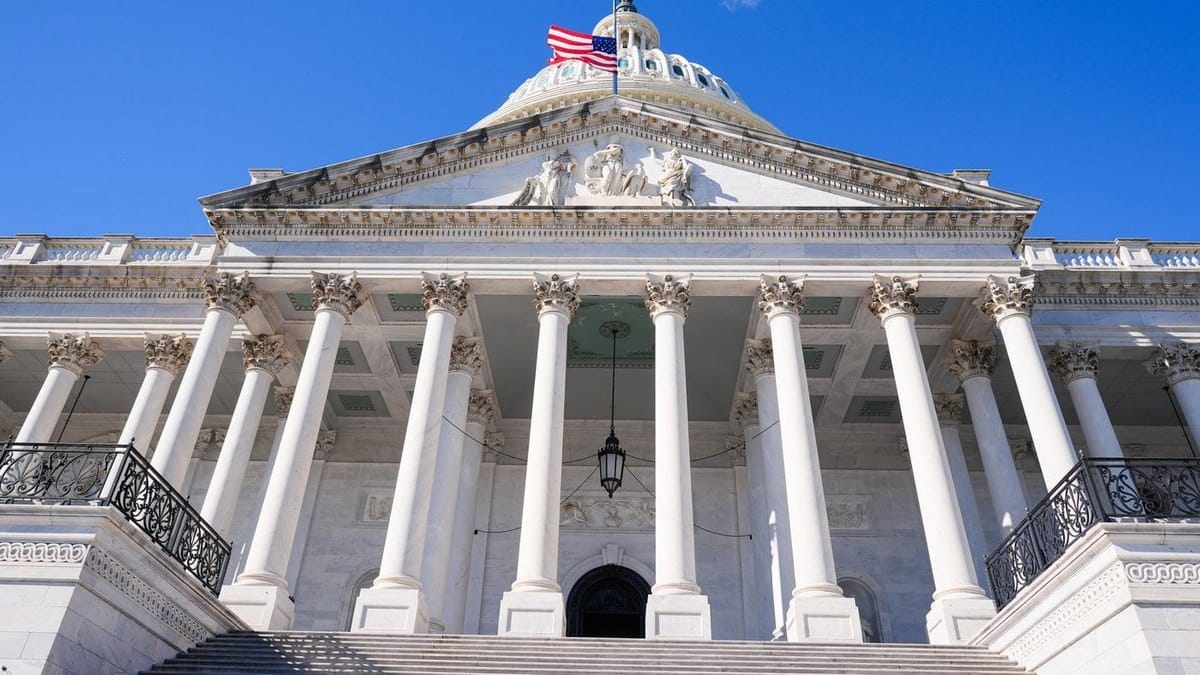US Congressional Budget Office Hit by Cyberattack

The US Congressional Budget Office (CBO) has suffered a cyberattack that may have exposed sensitive government information used to shape national policy and spending decisions.
What the CBO Does
The CBO employs approximately 275 people who provide lawmakers with cost estimates and analysis for preparing the national budget. The agency must prepare a financial assessment for nearly every bill considered by House and Senate committees. The CBO also provides analysis during early legislative stages.
The Agency's Response
According to CBO representatives, the agency "identified a cyber incident and immediately took steps to contain it." The CBO has implemented additional monitoring and protection tools to secure its systems.
Foreign Hackers Suspected
The Washington Post, citing its own sources, reports that foreign government hackers likely conducted the attack. According to the newspaper's sources, US authorities now worry that hackers may have compromised emails and information exchanged between Congress and CBO analysts.
CBO representatives have not officially confirmed foreign hacker involvement, stating that the investigation continues.
What's at Risk
The breach could have serious consequences. CBO data helps legislators assess the economic and financial implications of national-level decisions. A data leak could expose:
- Draft reports and economic forecasts
- Internal correspondence between analysts and lawmakers
- Policy analysis that shapes legislation
- Budget projections that influence government spending
Why This Matters
In my opinion, this breach raises critical questions about how we protect the information that drives trillion-dollar budget decisions. The CBO doesn't just crunch numbers—it provides the financial analysis that lawmakers use to justify their votes on major legislation. If foreign governments accessed this information, they gained insight into US budget priorities, economic forecasts, and legislative strategies before these become public.
Furthermore, the timing of CBO analysis can be as valuable as the content. Knowing which bills are receiving cost estimates, what questions lawmakers are asking, and how the CBO is assessing economic impacts gives foreign intelligence services a roadmap of congressional priorities and decision-making processes.
The fact that emails between Congress and CBO analysts may have been compromised is particularly concerning. These communications likely contain candid discussions about budget trade-offs, political considerations, and policy options that never make it into public reports. This is exactly the type of intelligence that foreign governments pay dearly to obtain.
The CBO's relatively small size—275 employees—may have made it an attractive target. Smaller agencies often lack the robust cybersecurity resources of larger departments, yet they handle information that's just as sensitive. This incident should prompt a security review across all legislative support agencies.
Next Steps
The investigation continues, but organizations that exchange sensitive information with the CBO should assume that data may have been exposed. Lawmakers and their staff need to review what information they've shared with CBO analysts in recent months and assess potential exposure.


